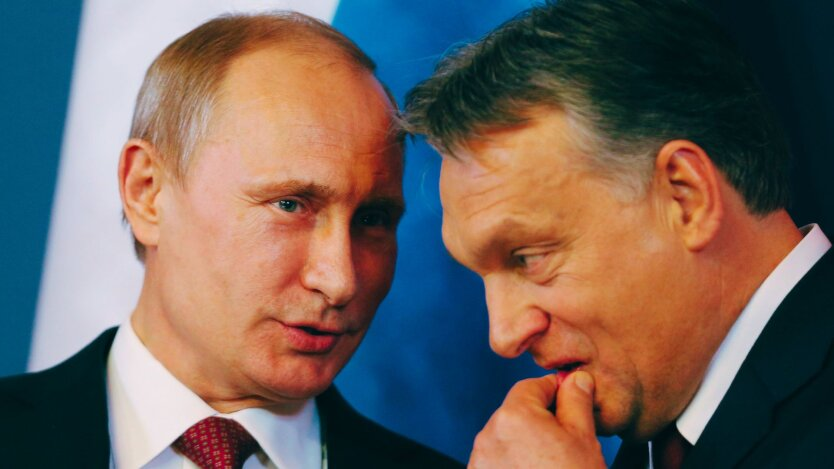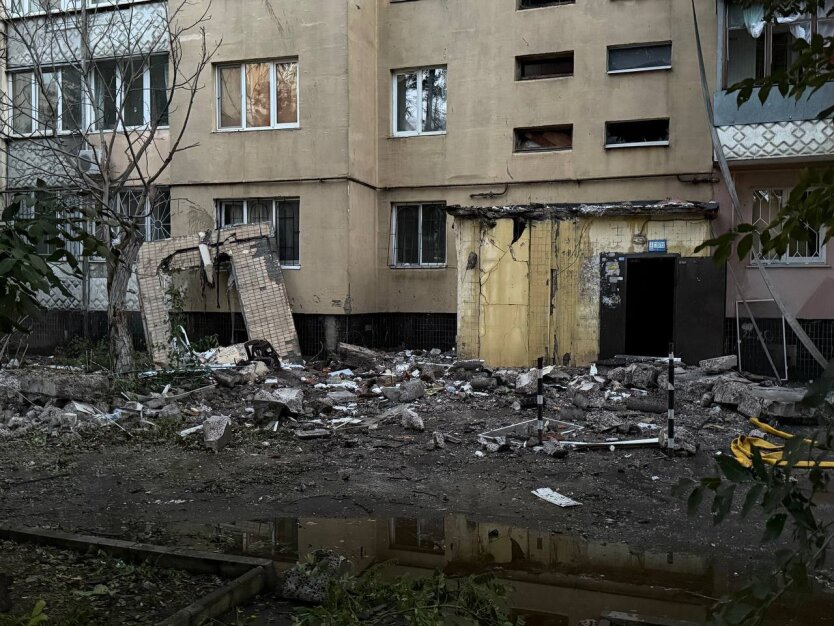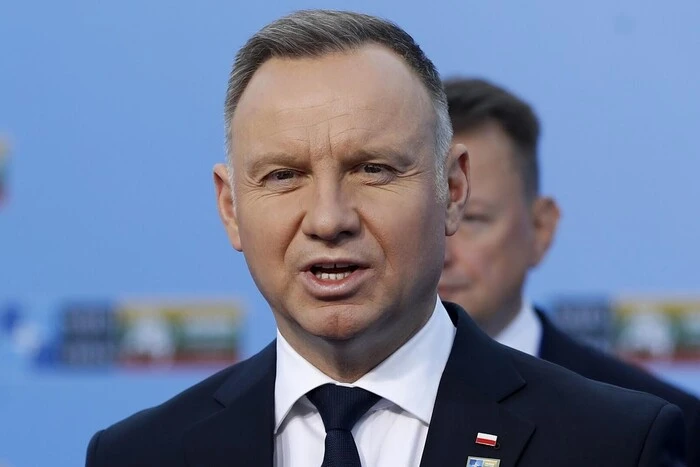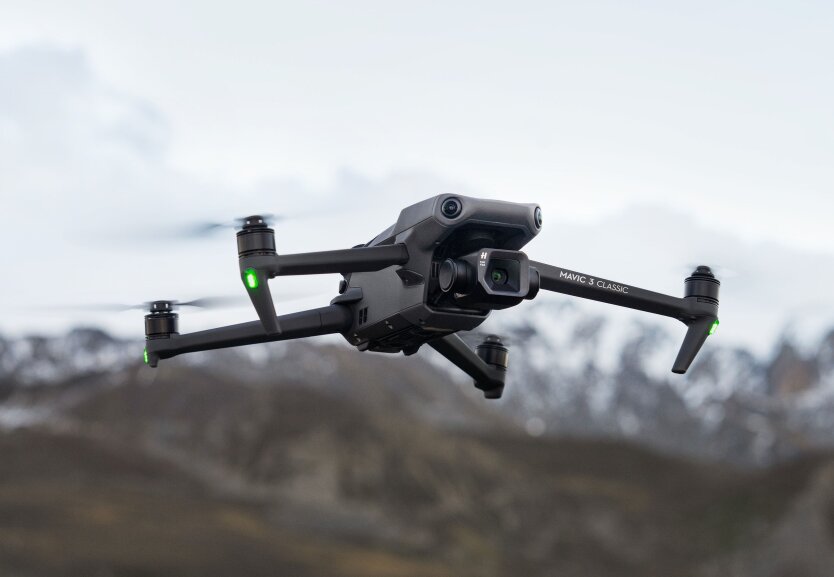Hungary will block the EU loan to Ukraine for 35 billion euros until the US elections.


Hungary delays loan to Ukraine until US presidential elections
Hungary confirmed on Tuesday that it will delay a 35 billion euro loan proposed by the European Commission to support Ukraine's war-torn economy until the next US presidential elections on November 5.
The loan involves using windfall profits from the frozen assets of the Russian Central Bank for the gradual repayment of funds provided to Kyiv, freeing up the EU budget. Other G7 allies are also expected to contribute until the total amount reaches 45 billion euros (50 billion dollars).
The US is concerned about the long-term stability of this unprecedented plan, as EU sanctions on frozen assets must be renewed every six months unanimously. This means that at any moment, one member state could prevent renewal, unfreeze the assets, and dismantle the entire project.
To alleviate Washington's concerns, Brussels proposed to extend the renewal period of frozen assets from six to 36 months.
Hungary justifies its decision
Mihaly Varga, Hungary's Minister of Finance, stated on Tuesday after a ministerial meeting in Luxembourg: "We believe that this issue should be addressed - the extension of sanctions against Russia - after the US elections. This was the Hungarian position".
Varga argued that the two presidential candidates, Kamala Harris and Donald Trump, advocate for two opposite approaches to addressing Russia's aggressive war, and that the bloc should base its next steps depending on whom the Americans elect.
European Commissioner supports the changes
European Commissioner Paolo Gentiloni stated that ministers expressed "almost unanimous" support for amending the sanctions regime, which he described as a "precondition" to ensuring US participation "on equal terms".
Read also
- Strike on Ukraine and new statements by Trump: main news of the night
- Trump threatens to withdraw subsidies from Musk and consider his deportation: why the conflict has flared up again
- Strike on occupied Donetsk and Luhansk: Main news of the night










